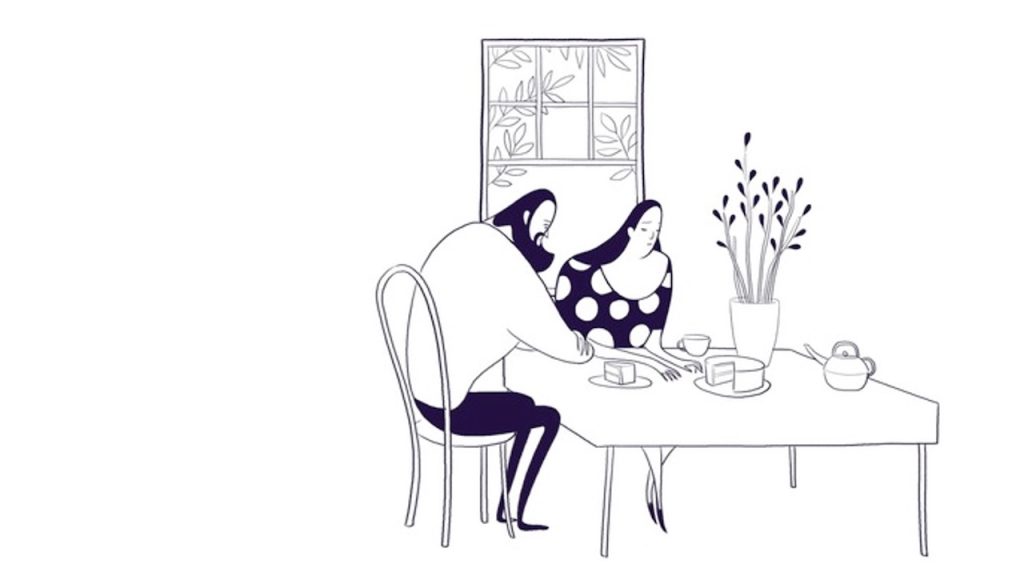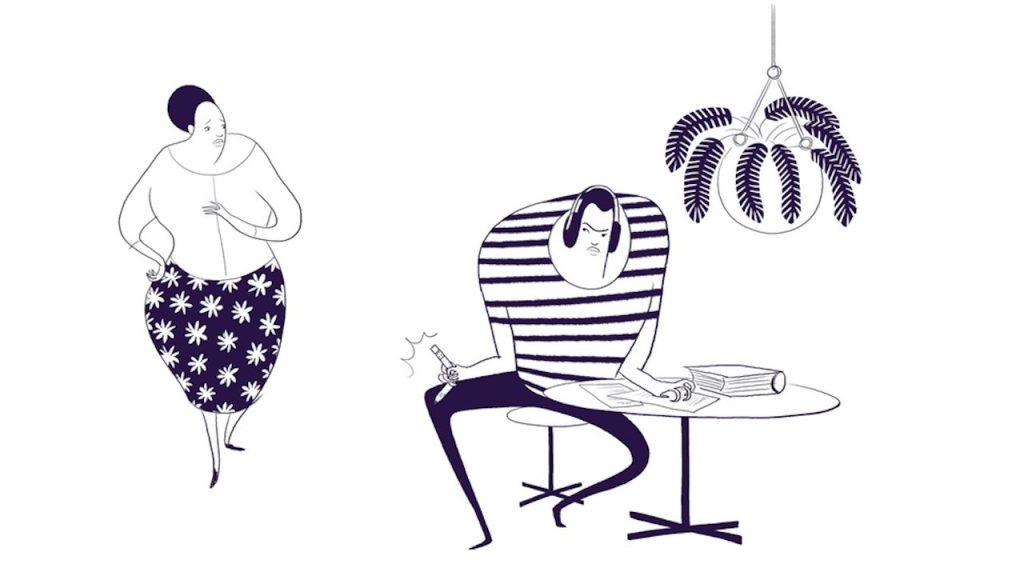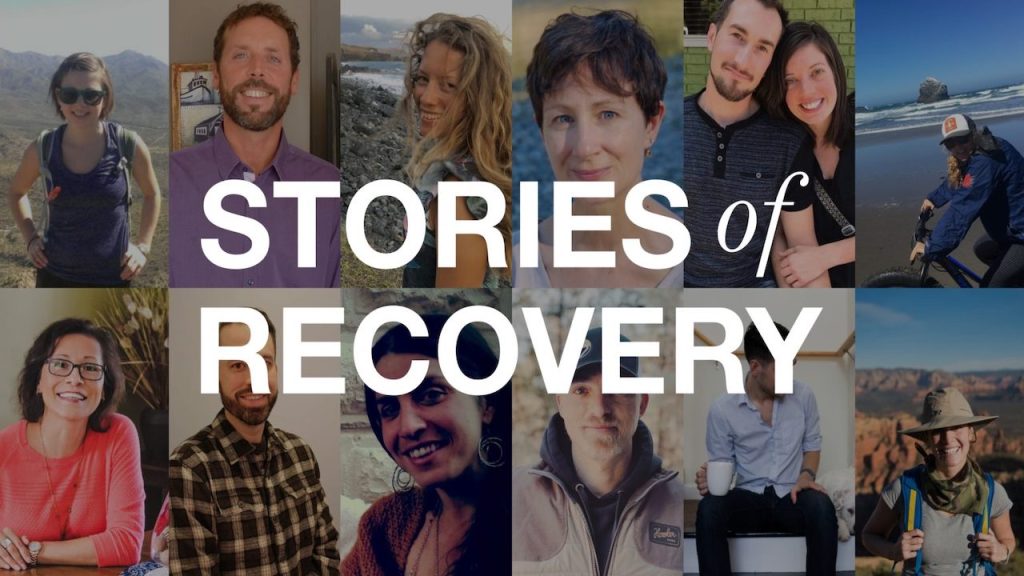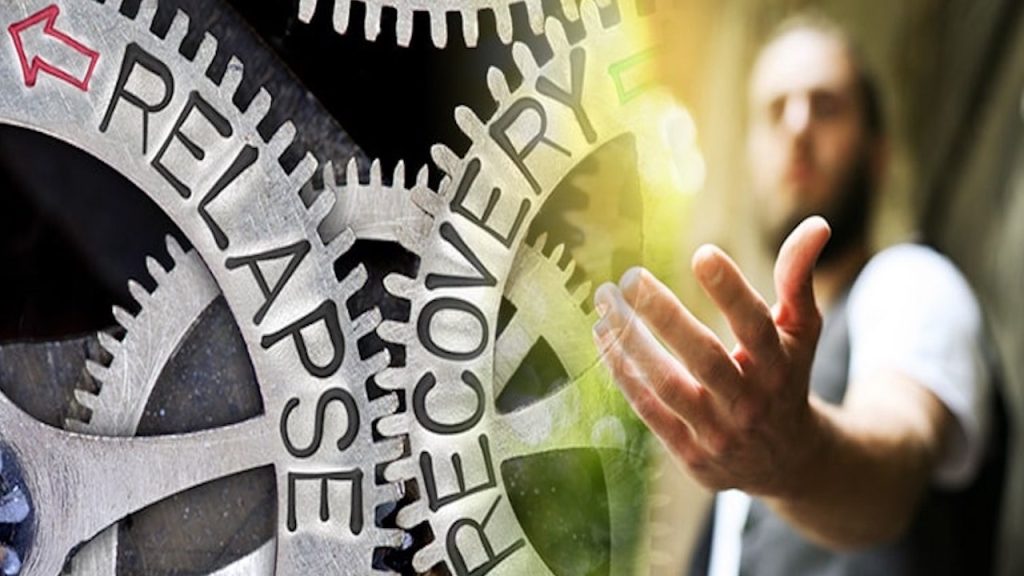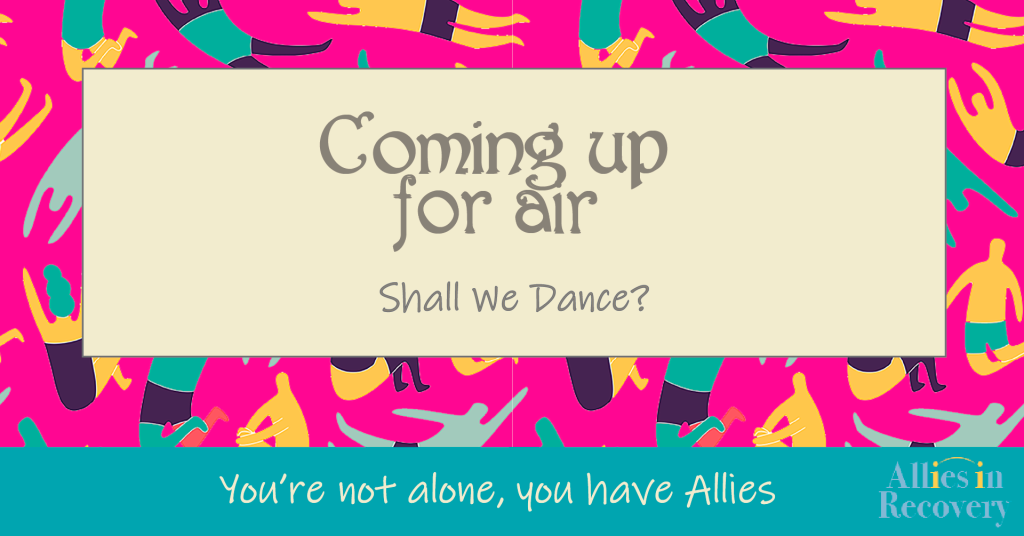I’m Applying CRAFT but He’s Getting Angry

An Allies in Recovery member has been practicing the CRAFT method with her husband, rewarding non-drinking behavior and disengaging when he is drinking. But her husband is aware of what she is doing and it’s making him angry. She admits that in the past she would engage and start blaming and shaming him. But now she is committed to change and engages as little as possible whenever she sees use.
She definitely sees movement lately in how he talks about his drinking as he is now willing to say he has crossed a line with his drinking. His goal now seems to be to control his drinking. He also quite recently lost his job and sometimes seems to understand that his drinking played a role.
This concerned wife would like to know how one can practice positive communication while at the same time disengaging – if it is even possible.

© Josethestoryteller via pixabay
Dominique Simon-Levine addresses this wife’s concerns about correctly applying the CRAFT methodology below:
Kudos for making these changes in your behavior and your communication despite the pushback from your husband. By disengaging during bouts of drinking and rewarding during times of non-drinking, you are highlighting the contrast between the two behaviors. This opens some space for your husband to look at his drinking and to begin to verbalize its role in your lives.
I am sorry he lost the job. That must be having quite an effect on your family. It is a serious consequence, and, to the degree it had to do with his drinking and behavior, is adding to the mounting evidence that there is a problem. It’s very typical for an addicted loved one to go in and out of this acceptance and denial. You’re watching a huge shift in his worldview. Controlled drinking is the logical first response for him to have. Hang in there while he bounces around this solution and be prepared for failures with his ability to control his use.
The blaming and shaming in either direction is hopefully subsiding, for it doesn’t help him or you. Stopping it on your end is modeling what you want from him.
How to communicate positively while disengaging…That is a good question!
Learning Module 4 talks about cutting out the negative communication (by joining you gain full access to all learning modules; see an excerpt here). The module starts there partly because, for many people, this is easier to do than to change your communication dramatically.
Dropping the shaming and blaming, for instance, is positive communication. It is also very powerful. It softens things between you, leaves some silence where there was conflict, and produces the space for your husband to think for himself about the role alcohol is playing in his life. So you are already practicing positive communication by simply disengaging without commentary.
The other strategies to improve and make communication positive can also be used. It is indeed a little hard but could include statements like these:
Empathic statements:
- It must be hard to face the loss of that job.
- I know you are trying to control your drinking, perhaps tomorrow will be better. Good night.
“I” statements vs. “You” statements
- It makes me sad when I see that you have been drinking, Good night
- I don’t want to upset you.
Admitting your part
- I haven’t always responded well to your drinking, I will try harder.
Specific, brief
- I see that you have been drinking, I’m going to give you some space. Good night. I am committed to trying harder to not disrespect you when you drink.
The goal of adding in positive communication as you disengage is to pull out without causing upset at you. It’s not going to turn things around in terms of his drinking in the moment. Rather, it’s finding some softer, neutral ways to let him know things aren’t okay, that you’re pulling away at this time.
If I were more technologically inclined I would end this post with an audio of wild applause. You are making the changes in your relationship that are most likely to work. You are cleaning up your end of things. Inn the process, you are highlighting and pushing onto your husband what is his responsibility to resolve. You are also giving him the chance to see and address the drinking. This is huge.
A membership at Allies in Recovery brings you into contact with experts in the fields of recovery and treatment for drug and alcohol issues. Our learning platform introduces you to CRAFT and guides you through the best techniques for unblocking the situation. Together we will move your loved one towards recovery. Learn more here.



